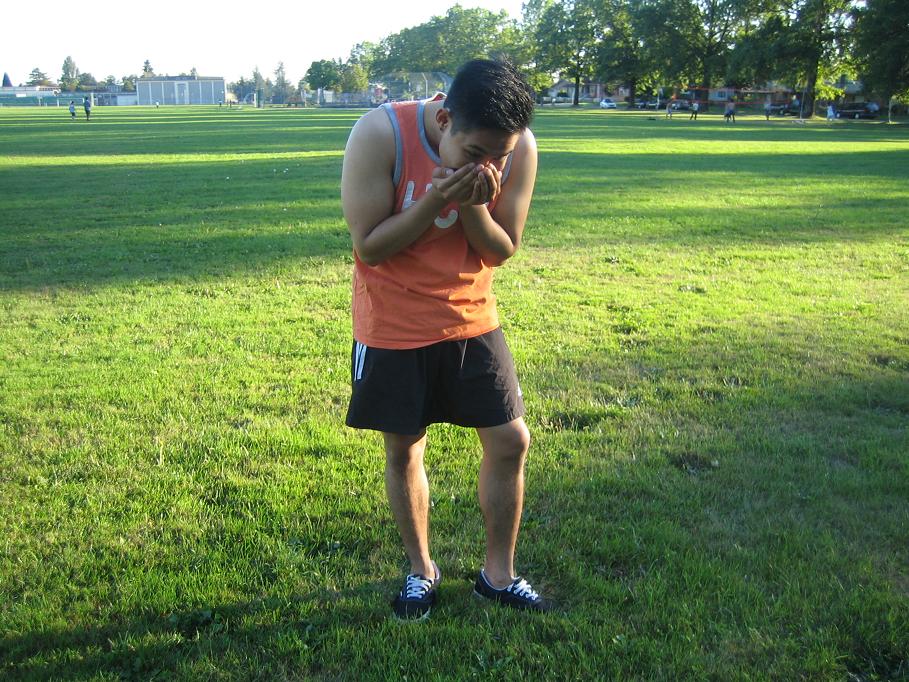There are various reasons for ending up with a cold nose. The cause might be minor but there are instances where it can be serious.
What are the common causes?
Cold exposure
In cold environments, the body detects the temperature change and triggers a cold response to preserve heat and energy. The blood vessels positioned in the outermost sections of the body and skin such as the feet, hands, ears and nose narrow. This reduces the flow of blood to these areas to provide more warm blood to the internal organs.

Since the outer region of the nose is composed mostly of cartilage tissue covered by a thin layer of skin and minimal insulating fat, it becomes cold easily.
Poor circulation
- Thyroid issues – hypothyroidism is a condition that can make the body believe that it is cold, even when it is not. Due to the low state of the thyroid, the body attempts to conserve heat and energy, thus causing several slow metabolism issues including a cold nose.
- Raynaud’s phenomenon – this is an exaggeration of the cold response of the body. It results to the narrowing of the blood vessels in the extremities for brief periods of time before returning to normal. The hands and feet are generally affected, but it can also affect the nose and ears.
Chronic diseases
- High blood sugar
- Heart conditions
- Frostbite
Dealing with a cold nose
If the signs of frostbite or heart attack are present, seek medical care right away. Do not attempt to treat a cold nose at home.
In case the cold nose is due to being cold, there are measures to warm it up by:
- Warm compress – with a warm towel or cloth, apply on the nose until it warms up.
- Warm beverages – provide the individual with a warm beverage such as tea to warm up the body.
- Use a scarf or balaclava – if going outdoors during cold weather, it is vital to wrap up properly including the nose. Place a scarf over the face to prevent a cold nose.
FACT CHECK
https://www.healthline.com/health/cold-nose

